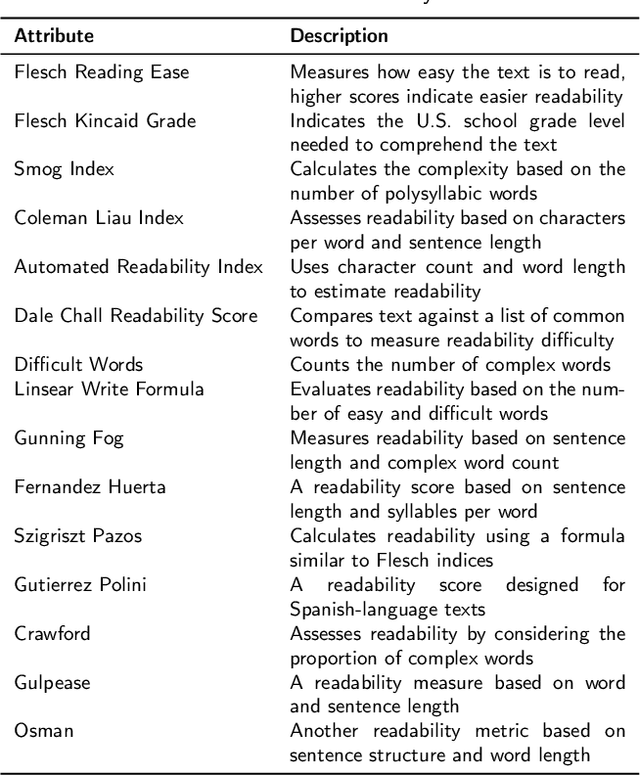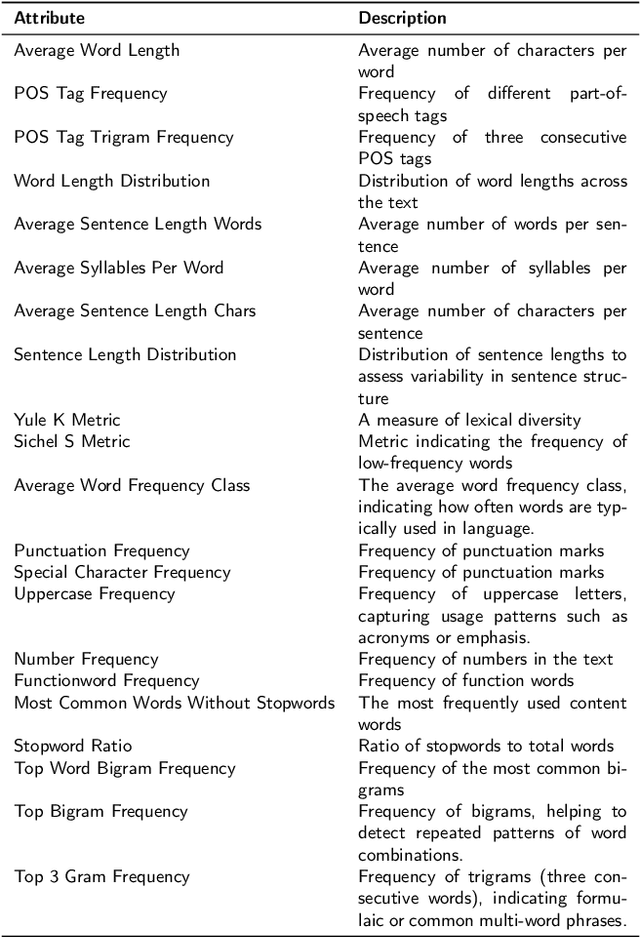Runyu Chen
LiveLongBench: Tackling Long-Context Understanding for Spoken Texts from Live Streams
Apr 24, 2025Abstract:Long-context understanding poses significant challenges in natural language processing, particularly for real-world dialogues characterized by speech-based elements, high redundancy, and uneven information density. Although large language models (LLMs) achieve impressive results on existing benchmarks, these datasets fail to reflect the complexities of such texts, limiting their applicability to practical scenarios. To bridge this gap, we construct the first spoken long-text dataset, derived from live streams, designed to reflect the redundancy-rich and conversational nature of real-world scenarios. We construct tasks in three categories: retrieval-dependent, reasoning-dependent, and hybrid. We then evaluate both popular LLMs and specialized methods to assess their ability to understand long-contexts in these tasks. Our results show that current methods exhibit strong task-specific preferences and perform poorly on highly redundant inputs, with no single method consistently outperforming others. We propose a new baseline that better handles redundancy in spoken text and achieves strong performance across tasks. Our findings highlight key limitations of current methods and suggest future directions for improving long-context understanding. Finally, our benchmark fills a gap in evaluating long-context spoken language understanding and provides a practical foundation for developing real-world e-commerce systems. The code and benchmark are available at https://github.com/Yarayx/livelongbench.
Unveiling Large Language Models Generated Texts: A Multi-Level Fine-Grained Detection Framework
Oct 18, 2024



Abstract:Large language models (LLMs) have transformed human writing by enhancing grammar correction, content expansion, and stylistic refinement. However, their widespread use raises concerns about authorship, originality, and ethics, even potentially threatening scholarly integrity. Existing detection methods, which mainly rely on single-feature analysis and binary classification, often fail to effectively identify LLM-generated text in academic contexts. To address these challenges, we propose a novel Multi-level Fine-grained Detection (MFD) framework that detects LLM-generated text by integrating low-level structural, high-level semantic, and deep-level linguistic features, while conducting sentence-level evaluations of lexicon, grammar, and syntax for comprehensive analysis. To improve detection of subtle differences in LLM-generated text and enhance robustness against paraphrasing, we apply two mainstream evasion techniques to rewrite the text. These variations, along with original texts, are used to train a text encoder via contrastive learning, extracting high-level semantic features of sentence to boost detection generalization. Furthermore, we leverage advanced LLM to analyze the entire text and extract deep-level linguistic features, enhancing the model's ability to capture complex patterns and nuances while effectively incorporating contextual information. Extensive experiments on public datasets show that the MFD model outperforms existing methods, achieving an MAE of 0.1346 and an accuracy of 88.56%. Our research provides institutions and publishers with an effective mechanism to detect LLM-generated text, mitigating risks of compromised authorship. Educators and editors can use the model's predictions to refine verification and plagiarism prevention protocols, ensuring adherence to standards.
 Add to Chrome
Add to Chrome Add to Firefox
Add to Firefox Add to Edge
Add to Edge